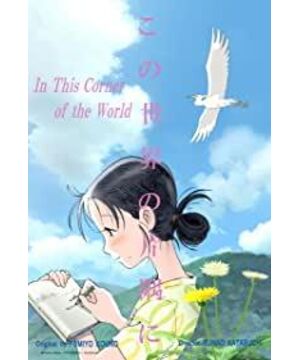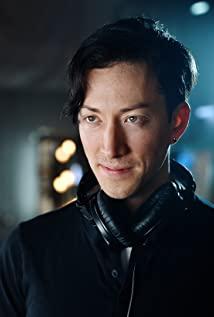This is a war movie. During the war, Ling experienced life and death in such an era, and experienced ignorance and ignorance to take up family responsibilities. From a woman's point of view, the film depicts the trauma that the whole World War II brought to the Japanese people themselves.
Many people are criticizing Ling crying and saying: Why did you lose? In the face of patriotism, I really understand critics too well. But I can't classify it as politically correct for the time being. Because, in the face of war, where can there be a person who can live well? It is the war itself that should be opposed, not the Japanese who do not admit their mistakes and are stubborn.
There are many details in the movie that are very touching. In the era of material scarcity, the warmth and love between people are often best displayed. A watermelon, a pineapple, a basket of rice, and a box of sugar are all things to be happy about. Ling was found and treasured by her husband Zhou Zuo in a small, small corner of this big world. I especially like the background of Zhou Zuo and Ling going home together. The whole picture is very soft, and I always think that the picture will stop here.
But not war. The war took away Ling's niece, who was only 5 years old.
When a few upper-class elites determine the rules of the entire society, the fate of most ordinary millions of residents is like a person holding a torch facing thousands of ants with no resistance. Life and death don't seem so important anymore. In the face of an era, one's destiny cannot be controlled by oneself.
Fortunately, in the huge gears of time, even a single gap in life can be found and placed by another person.
View more about In This Corner of the World reviews











